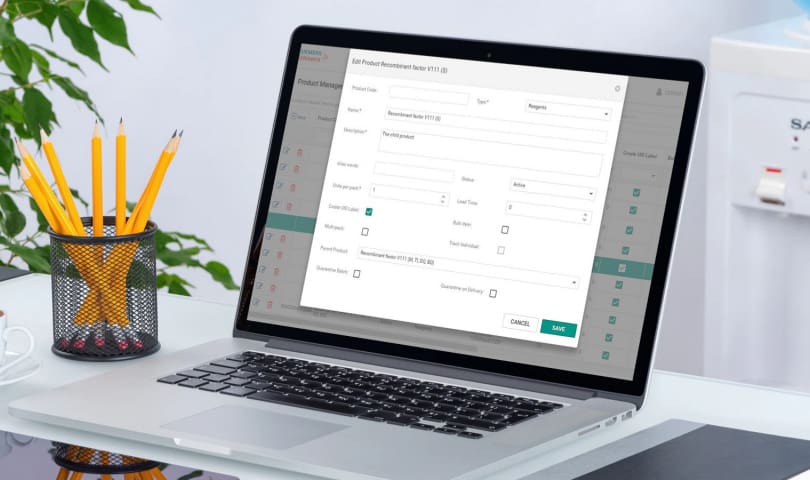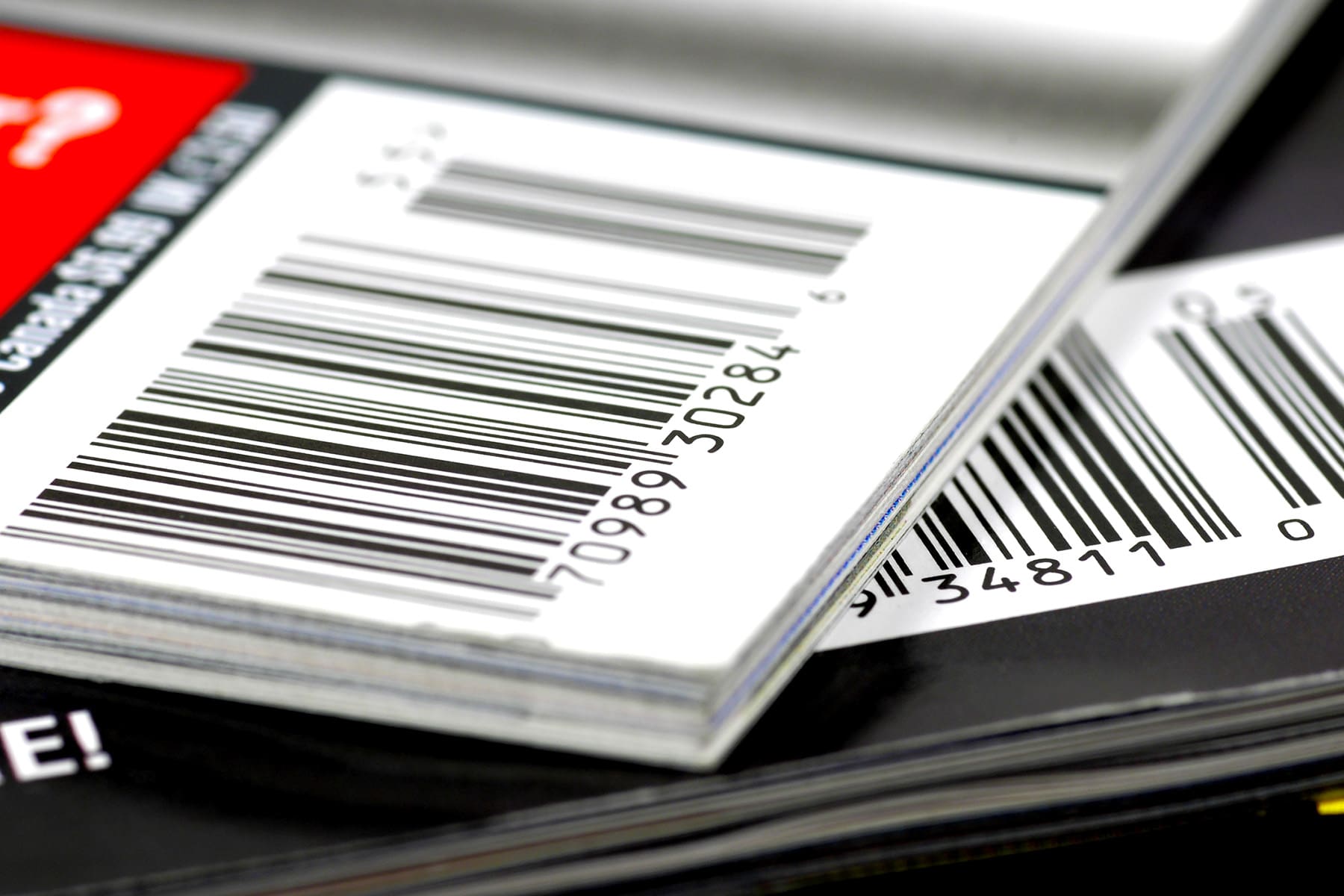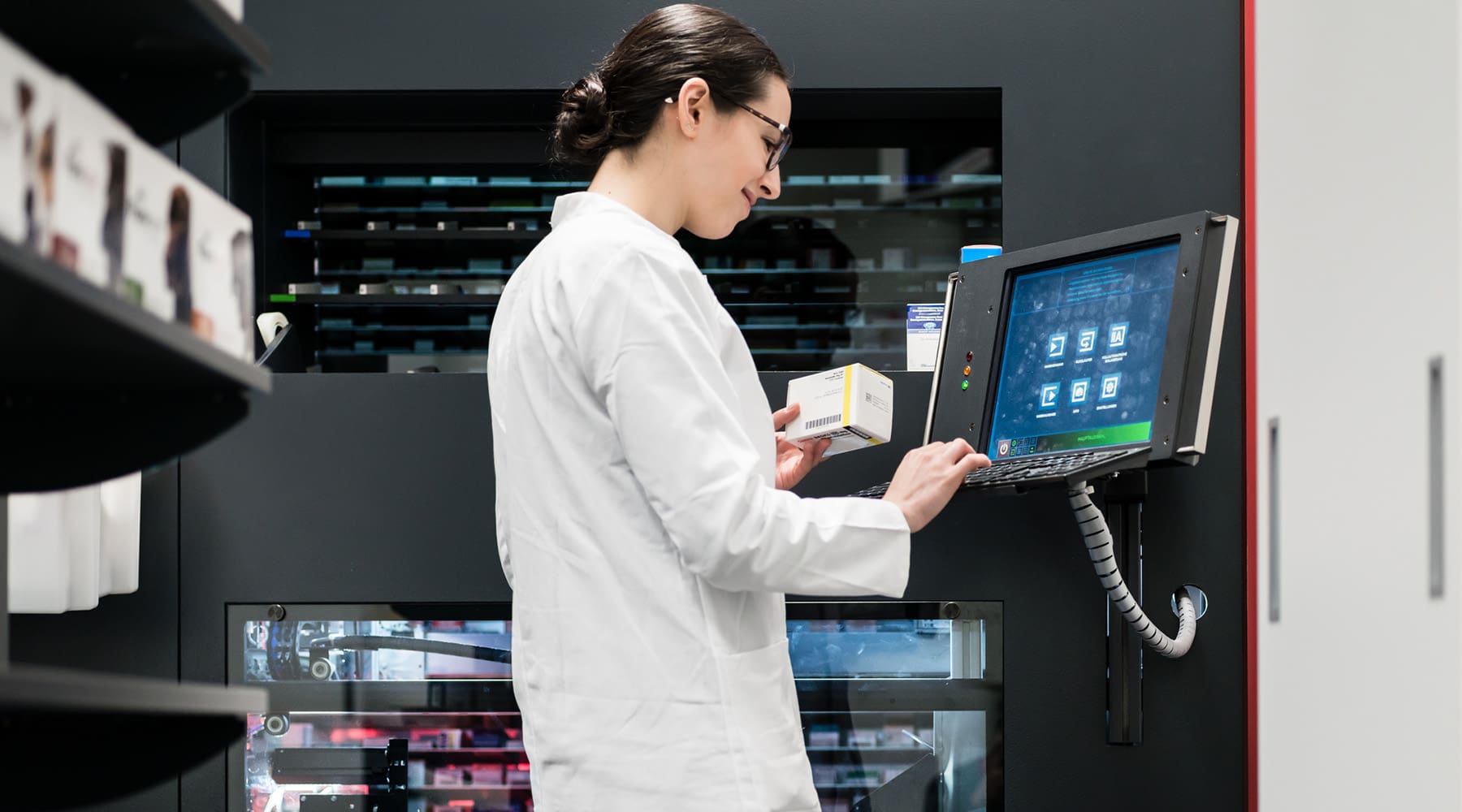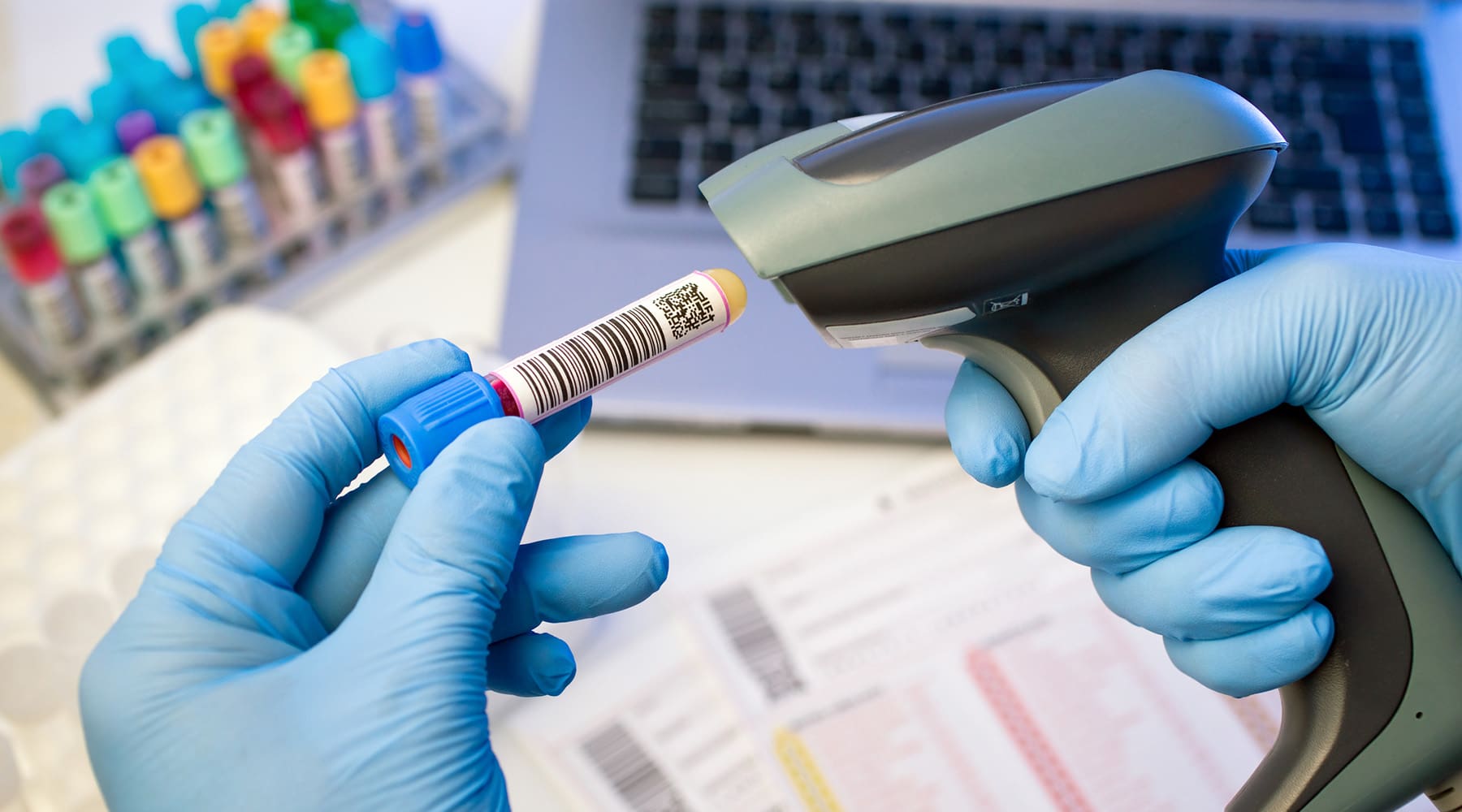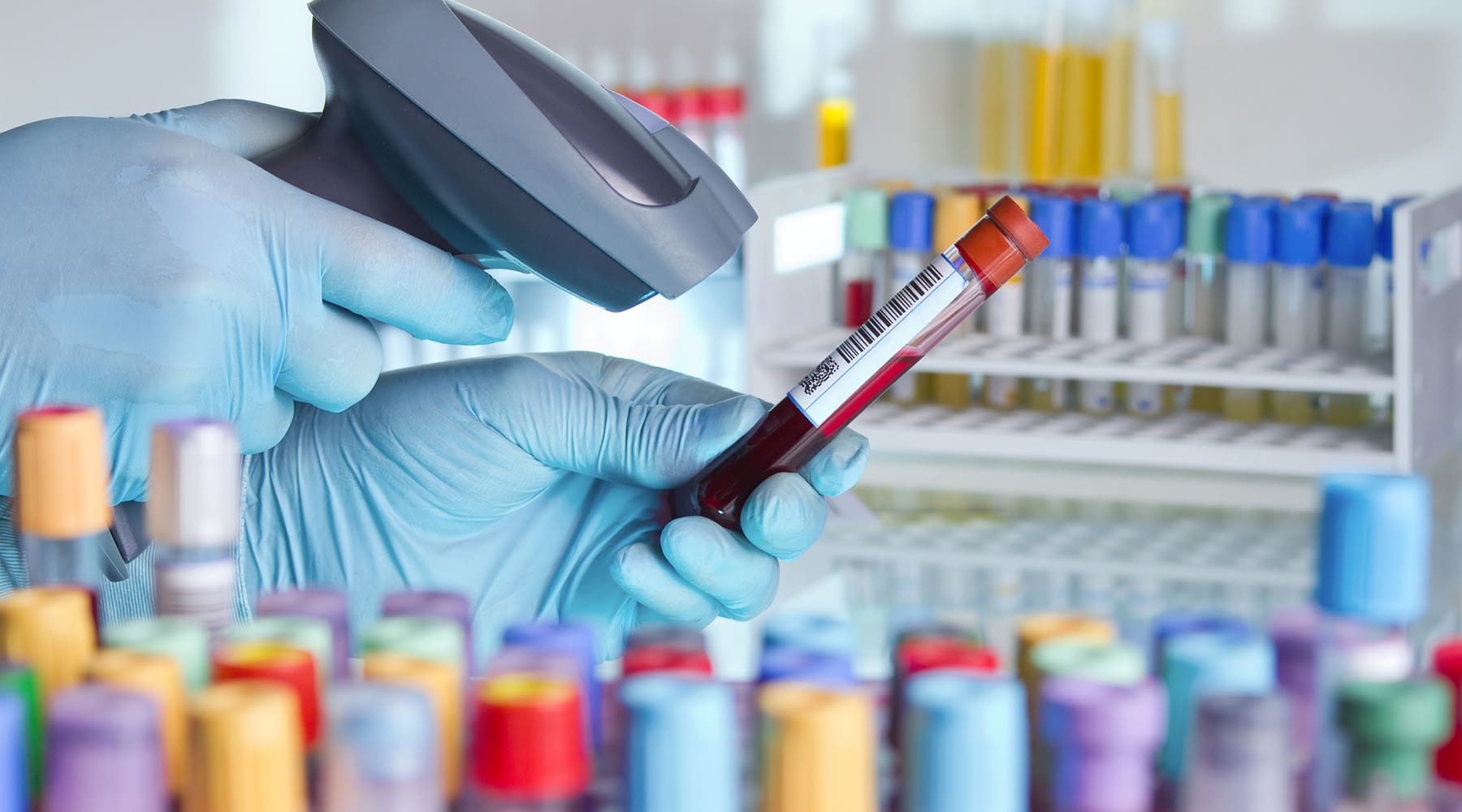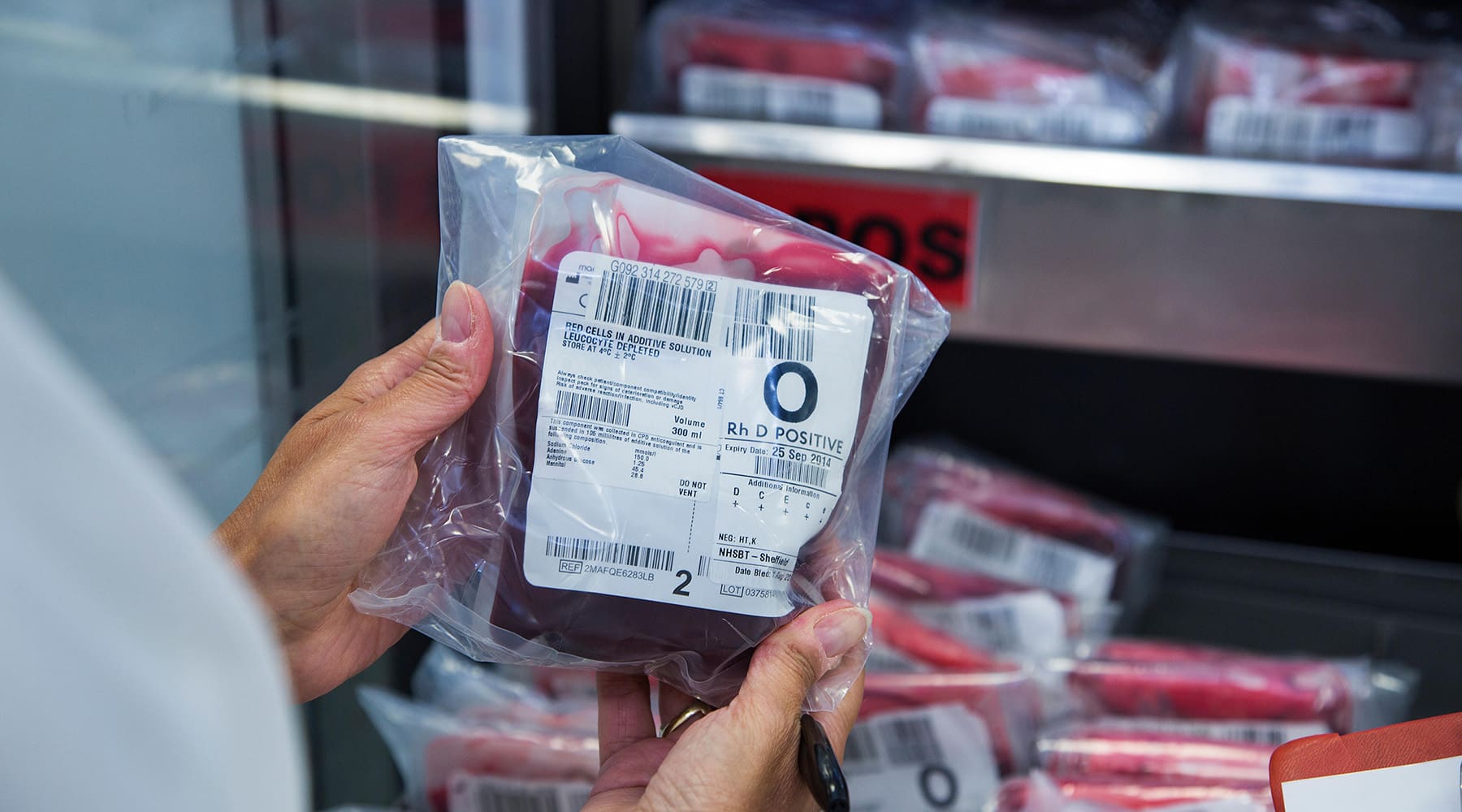Innovative Software For The Healthcare Sector
Based in the North West, we support organisations throughout the UK – from the NHS and local government, to SMEs and large corporations.
Our credentials are proven and include: over 26 years of continuous ISO9001 accreditation and ISO27001 certification; with testimonies from satisfied customers.
Contact Savant Ltd To Find Out More About Our Full Range Of Products & Services.
Li-LAC – Milk Bank Control Software
Milk Bank Labelling, Control and Tracking
Savant designs, develops, supplies and supports IT applications to increase the safety and security of the use of human expressed breast milk. When babies are being cared for in a hospital’s neonatal, special care or maternity unit it is essential that the feeds they are given are those that they should receive. Li-LAC labels and checks that each feed is being administered to the right baby and records all information about the feed.
SSC – Stock Control System
Stock Management For Clinical Laboratories
The Savant Stock Control system (SSC) is a secure, cloud or locally hosted stock management service for clinical laboratories. Our web-based software covers deliveries, stock issue, stock movements, quarantine, discards, stock reconciliation and stock reporting & ordering. It enables your site to have full control of all your consumables that can tracked from delivery to analyser.
Good Quality
Stock Management
Is Important
Stock management is critical for any business, no matter your industry or size.
Contact Savant Ltd To Find Out More About Our Full Range Of Products & Services.
Savant Software Development
Savant specialises in software and database development.
Digital
Marketplace
The Digital Marketplace provides easy access to Savant’s range of services, saving your organisation time and money in the procurement process.
Bespoke
Software
From mobile applications and cloud development to relational databases, we can develop software for a wide range of platforms.
Mobile App
Development
Savant have built web-service-driven mobile applications to support organisations both large and small.
Barcodes &
ISBT Labelling
The Barcode and labelling software developed is used extensively by UK blood transfusion services and within our own software products.
Savant Software Support
Savant Offer Software Support Services
Savant Products Range
Savant Software in the Healthcare Sector
we support organisations from the NHS and local government, to SMEs and large corporations.
Follow us on social media…
Our Latest News & Events
Striving to make the company the best it can be and achieve our goals.

